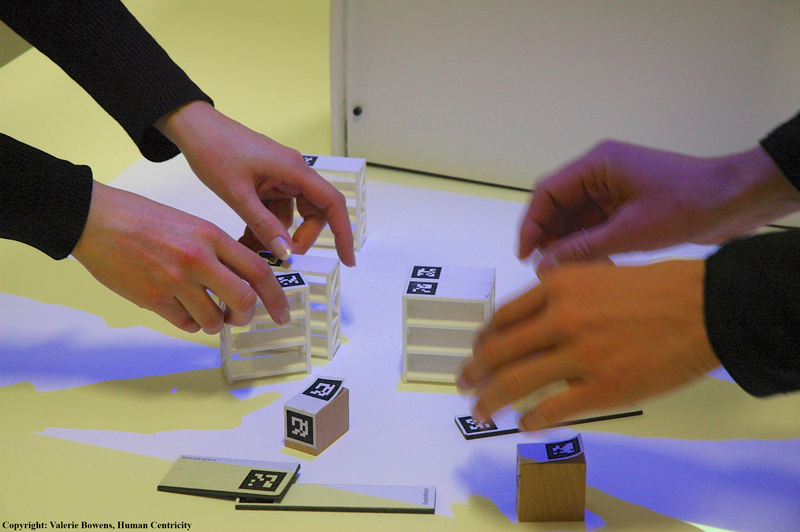Activity Clinic and Affects in Workplace Conflicts: Transformation through transferential activity
DOI:
https://doi.org/10.7146/ocps.v15i2.16832Keywords:
affects, instructions to a double, dialogic process, transferential activity, analysis of activity, workplace conflictAbstract
This paper presents some reflections about an approach in work psychology: the Activity Clinic.After a brief introduction to the conceptual background of the “Activity Clinic”, it covers three
deeply interconnected themes. The first concerns the meaning attributed to the development of the
affects present in the work situation under analysis; the second discusses the reasons for the
conflicts that are ultimately due to these affects; the third considers how a method of co-analysis
of the activity can lead towards transformation of those conflicts.
Our reflections refer to the process engendered by this methodological approach as one of
“transferential activity”. The paper explains this process by empirically describing the
“transport” of affects involved in the conflicts. The personal interpretation of the cause of
problems gives way to the understanding that they are due to organizational dysfunction rather
than to individual personalities. Measures can then be taken to break the deadlocks experienced
both at the personal and collective level.
Downloads
Published
How to Cite
Issue
Section
License
From issue no. 1 2022 and onward, the journal uses the CC Attribution-NonCommercial- Share Alike 4.0 license (https://creativecommons.org/licenses/by-nc-sa/4.0/) The authors retain the copyright to their articles.
The articles published in the previous 37 issues (From Vol. 1, no. 1, 1999 to Vol. 22, No. 1, 2021, are published according to Danish Copyright legislation. This implies that readers can download, read, and link to the articles, but they cannot republish these articles. The journal retain the copyright of these articles. Authors can upload them in their institutional repositories as a part of a green open access policy.




